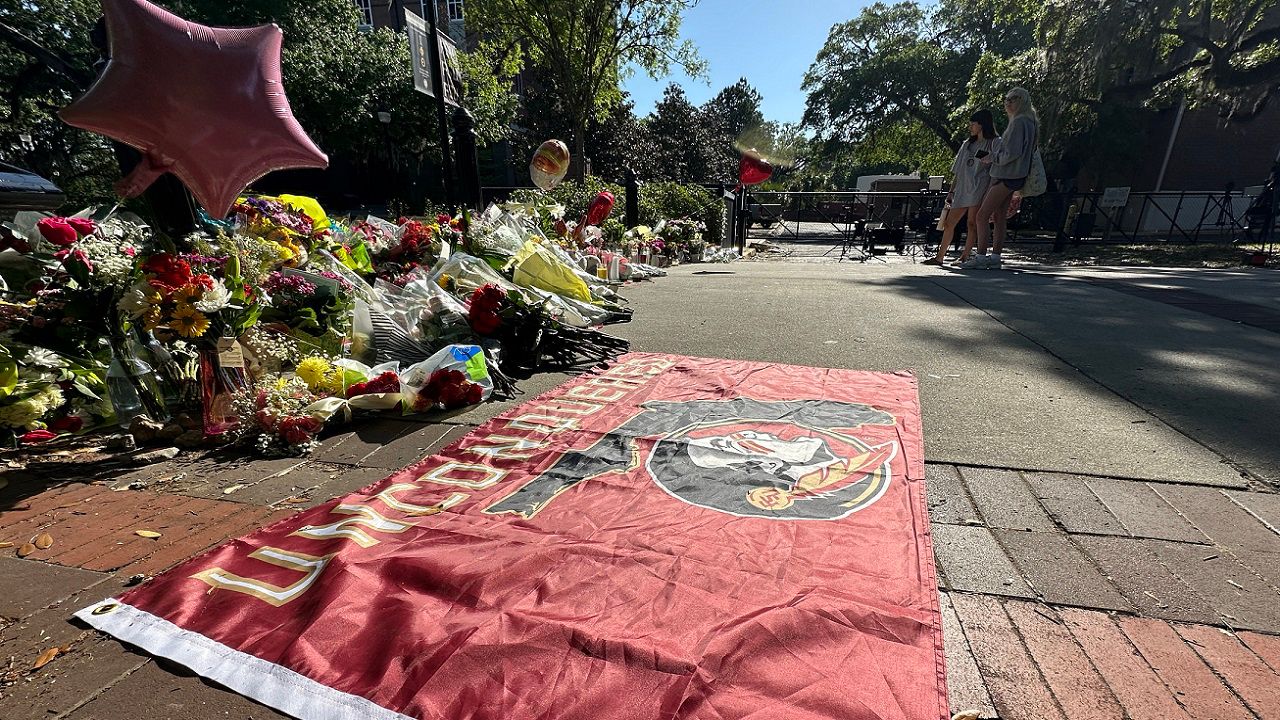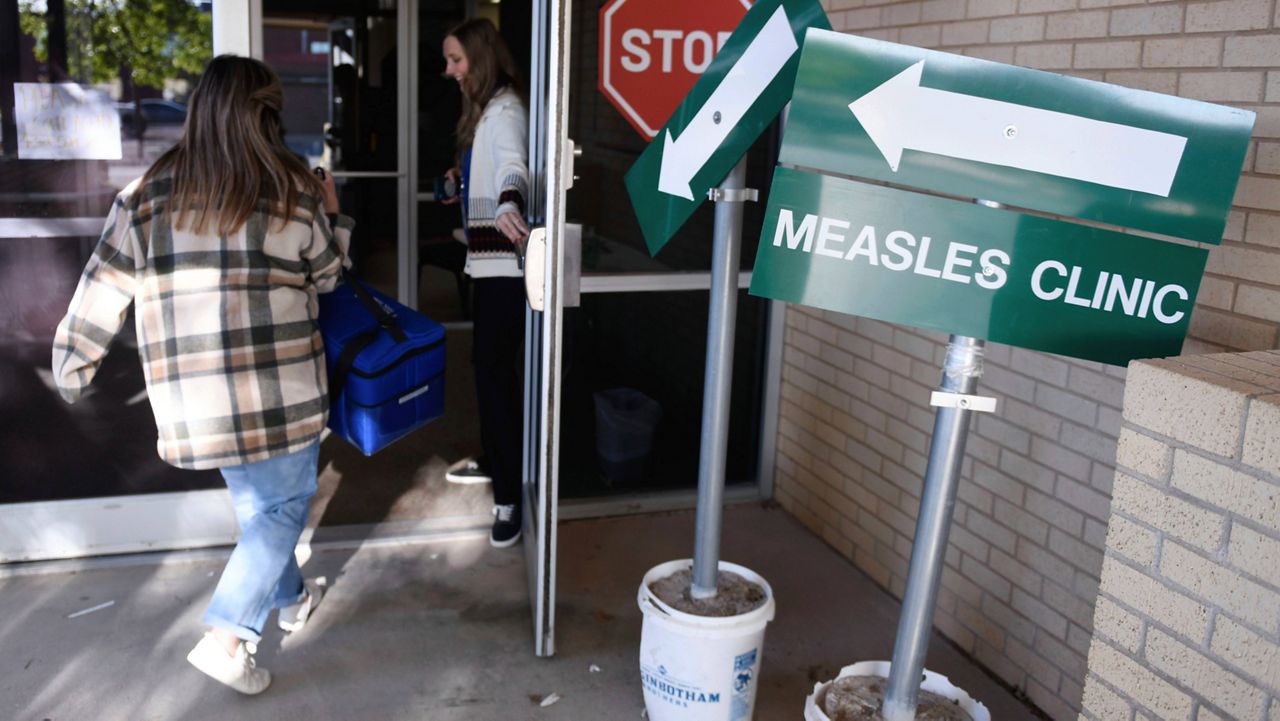LOS ANGELES — During the Great Depression, around a million people of Mexican descent, many of which were U.S. Citizens, were coerced into going to Mexico with the pretense of opening up jobs for other Americans.
This is because, as the country financially struggled, people blamed Mexican migrants and other foreigners for taking jobs needed by U.S. citizens. As a result, immigration raids and deportation threats sowed fear into these communities.
At the same time, many cities across the country began their own versions of “repatriation” programs, buying the train tickets for families to move to Mexico.
Many of the U.S. citizens who looked forced to leave eventually made it back home to the states, but found it hard to re-adjust and left a lasting impact on their families’ generational wealth.
In 2005, California passed the Apology Act of the 1930s Mexican Repatriation program.
This was the first time the state officially recognized the unconstitutional deportation of Mexican Americans and Mexican immigrants during that time and acknowledged the suffering of those individuals and their families.
This year, State Senators Josh Becker and Lena Gonzalez co-authored SB 537, a bill to commemorate the victims of the deportations by allowing a memorial to be placed in Los Angeles.
That statue will not be taxpayer funded as they are seeking private donations to get it done, hopefully in time for the 2028 Olympics in Los Angeles.
The effort comes at a time when the incoming Trump administration has made mass deportation plans a key part of their campaign.
Some fear this would be a repeat of the 1930s deportations and warn about the possible impacts to another generation.













